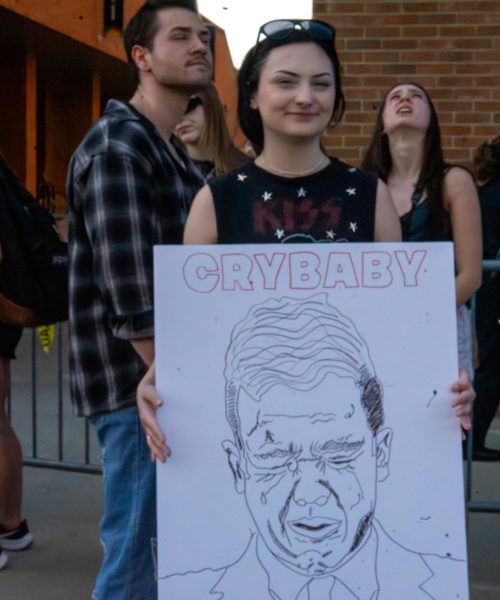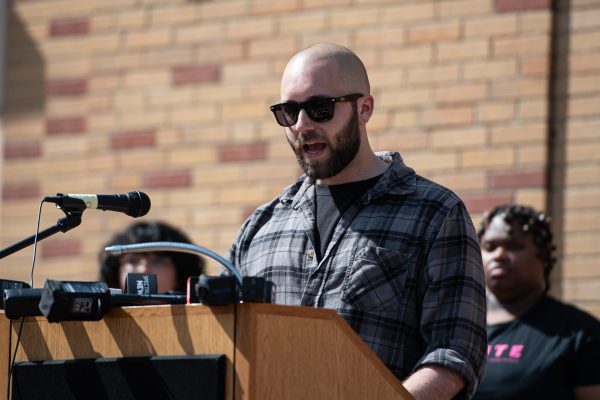Time for bailout 2.0
November 14, 2008
After giving Treasury Secretary Henry Paulson an unprecedented $700 billion dollars, Democrat leaders have begun to trumpet the call for a bailout for the auto industry.
Apparently “saving” Wall Street and having their president elected to the highest office in the United States was not quite enough for our all-powerful congressional leaders.
House Speaker Nancy Pelosi and Senate majority leader Harry Reid – after giving hundreds of billions of dollars to the Federal Reserve with no government oversight – now want to throw some money at the auto industry. At first addressing Paulson in a letter, Pelosi and Reid said they hope he can find money from the bailout to spend on the United States’ failing auto industry.
Not in a personal meeting. Not in a phone call. Not in a press conference. Not to his face, but in a letter. So Pelosi and the rest of her brood can blame Bush and his Neocon administration if something goes wrong.
So now we are supposed to use more money from the middle-class to bail out the automakers, a failing American industry that just is not efficient anymore?
Why has the auto industry been in trouble for the past two decades? There are too many reasons.
Some people believe American cars are inefficient compared to brands from other countries, such as Japan. Honda and other brands have quality linked to their brand, whether the qualitie’s there or not. They are thought of as being more reliable and fuel-efficient than their American counterparts.
But there’s more to it than that. What has also happened is that the labor unions are crushing the factories’ abilities to produce a profit – or even get by. Unions have their purpose: to organize people against a factory that is not being fair to its workers for whatever reason. Unions now have government’s laws and regulations to help turn them into monstrosities. The massive assistance has turned them into corporations themselves.
Think about it. In some industries, everyone has to be part of the union, whether or not they want to be. So even people who don’t want to be part of the union, pay its dues or even reap its benefits are forced to join to keep their jobs, furthering the union’s hold on American industry.
Unions keep wages up past the point that they are competitive and to the point that unskilled laborers are paid an obscene amount for their work. I believe in a livable wage – hell, my father is a factory worker and has been for almost his entire life. Because he has put his time in at his factory, he is invaluable to the factory. Thirty-plus years of working somewhere allows you to earn more and rightfully so. He knows things the younger workers do not.
But because of union involvement, the unskilled workers at his factory – many of whom he says are worthless and could not survive a McDonald’s job – are getting paid more than what they are worth and end up receiving huge benefits, and now the company is close to shutting down.
What is his union going to do when its contract is up in January? Will it lessen the wage? No, it wants to raise people’s salaries, even though the company is close to collapse as it is.
The other thing hurting the auto industry is government regulations. Fuel economy rules, emission standards, franchise laws – all of these are hurting the corporations. The companies should have been ready for this, but they were not. So why give money to companies who did not spend their money wisely in the first place?
Instead of bailing out the auto industry, why don’t we lessen some of the rules and regulations that are hurting them? Not necessarily the environmentally friendly ones, but others that are not letting them make a profit – hell, even not letting them stay in business.
Too bad Congress does not always realize that throwing money at a problem does not always make it go away.
Ted Hamilton is a senior magazine journalism major and a columnist for the Daily Kent Stater. Contact him at [email protected].























